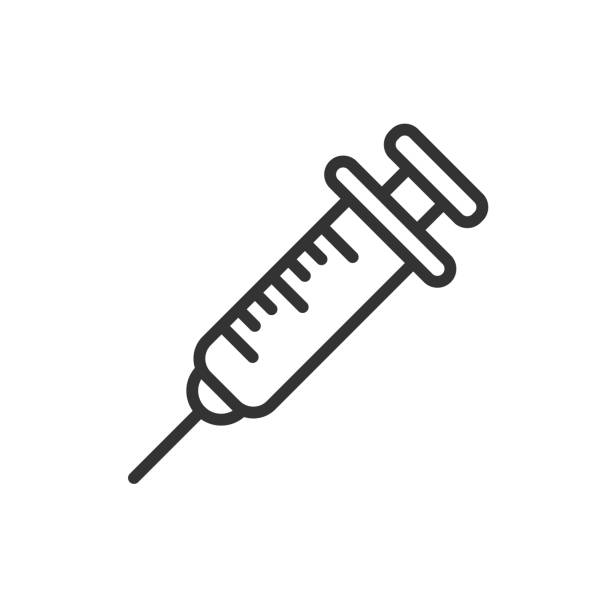Indications
Coagulation Factor VIIa is indicated in Bleeding episodes in patients with haemophilia, Bleeding episodes due to surgery or invasive procedures in patients with factor VII deficiency, Bleeding episodes due to surgery or invasive procedures in Glanzmann's thrombasthenia
Pharmacology
Recombinant factor VIIa is a biosynthetic preparation of activated factor VII produced by recombinant DNA technology. It is a vitamin K-dependent glycoprotein. It promotes haemostasis by activating the extrinsic pathway of the coagulation cascade. It replaces deficient activated coagulation factor VII, which complexes with tissue factor and may activate coagulation factor X and factor IX. Factor VIIa is given as the recombinant form, eptacog alfa (activated).
Dosage And Administration
Bleeding episodes in patients with haemophilia:
- Adult: As activated eptacog alfa: Initially, 90 mcg/kg given via IV bolus over 2-5 min. Additional dose may be given as needed to achieve or maintain haemostasis, initially 2-3 hrly. May adjust dose or dosing interval according to response. May continue therapy for up to 3 wk or more in cases of serious bleeding episodes.
Bleeding episodes due to surgery or invasive procedures in patients with factor VII deficiency:
- Adult: As activated eptacog alfa: 15-30 mcg/kg 4-6 hrly via IV bolus over 2-5 min until haemostasis is achieved.
Bleeding episodes due to surgery or invasive procedures in Glanzmann's thrombasthenia:
- Adult: As activated eptacog alfa: 90 mcg/kg 2 hrly via IV bolus over 2-5 min, give at least 3 doses.
Interaction
Increased risk of thromboembolism with activated or non-activated prothrombin complex concentrate.
Contraindications
Hypersensitivity to recombinant coagulation factor VIIa or to mouse, hamster or bovine protein. Rare hereditary problems of fructose intolerance, glucose malabsorption or sucrose-isomaltase insufficiency.
Side Effects
Nausea, vomiting, skin reactions, fever, headache and changes in BP. Rarely, anaphylaxis.
Pregnancy And Lactation
It is preferable to avoid use during pregnancy. Either studies in animals have revealed adverse effects on the foetus (teratogenic or embryocidal or other) and there are no controlled studies in women or studies in women and animals are not available. Drugs should be given only if the potential benefit justifies the potential risk to the foetus.
It is unknown whether eptacog alfa is excreted in human breast milk. The excretion of eptacog alfa in milk has
not been studied in animals.
Precautions And Warnings
Advanced atherosclerotic disease, crush injury, septicemia or disseminated intravascular coagulation. Patients w/ history of CHD, liver disease, undergoing major surgery, at risk of thromboembolic phenomena or disseminated intravascular coagulation. Remote possibility of hypersensitivity to mouse IgG, bovine IgG & other residual culture proteins. Monitor prothrombin time & factor VII coagulant activity in factor VII deficient patients. Pregnancy & lactation. Neonates.
Therapeutic Class
Anti-fibrinolytic drugs
Storage Conditions
Store between 2-25° C prior to reconstitution. Do not freeze. Protect from light.
